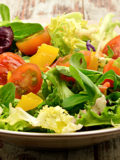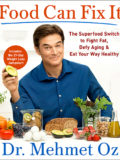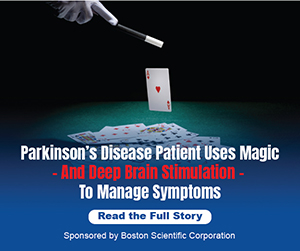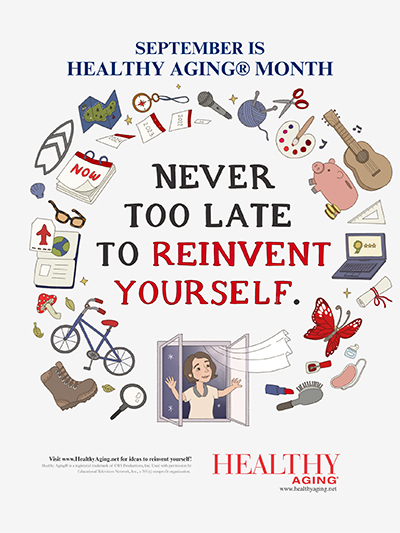Consuming tomatoes, watermelon and other foods containing lycopene – a naturally occurring phytochemical that gives red or pink fruits and vegetables their characteristic color – may protect against prostate cancer, according to new research presented at the American Institute for Cancer Research (AICR) 25th Research Conference.
About Prostate Cancer
Prostate cancer is the most common form of cancer in men worldwide, after skin cancer. It is the second leading cause of cancer-related death among men in the United States, claiming more than 27,000 lives each year.
Previous studies have shown inconsistent results on the link between eating tomatoes and tomato-based foods, including tomato sauce, tomato juice and pizza, and a lower risk of developing prostate cancer. This may be due to differences in study quality, as well as differences in the population groups studied.
About the Study
The study was conducted by Joe Rowles, III, a doctoral student at the University of Illinois at Urbana-Champaign (UIUC) and his colleagues.
Results showed that men who consumed higher amounts of lycopene had an 11 percent reduced risk of prostate cancer compared to those who consumed the least; highest amounts of circulating blood lycopene was also linked to a 17 percent lower risk. There was a 1 percent decrease in prostate cancer risk for each additional 1 milligram of lycopene consumed per day. An average tomato has about 3 milligrams of lycopene.
Tomatoes Role in Fighting Cancer
When focusing on tomatoes alone, men who ate the highest amounts had a 10 percent lower risk of developing prostate cancer than those who consumed the least.
There was no association between lycopene or tomato intake and advanced prostate cancer, although there are only a few studies published on this topic.
According to the researchers, because lycopene is present in only a few foods, and approximately 85 percent of lycopene in the American diet comes from tomatoes and tomato products, people can really focus on eating tomato-containing foods. This becomes a pretty easy way to reduce risk of cancer.













